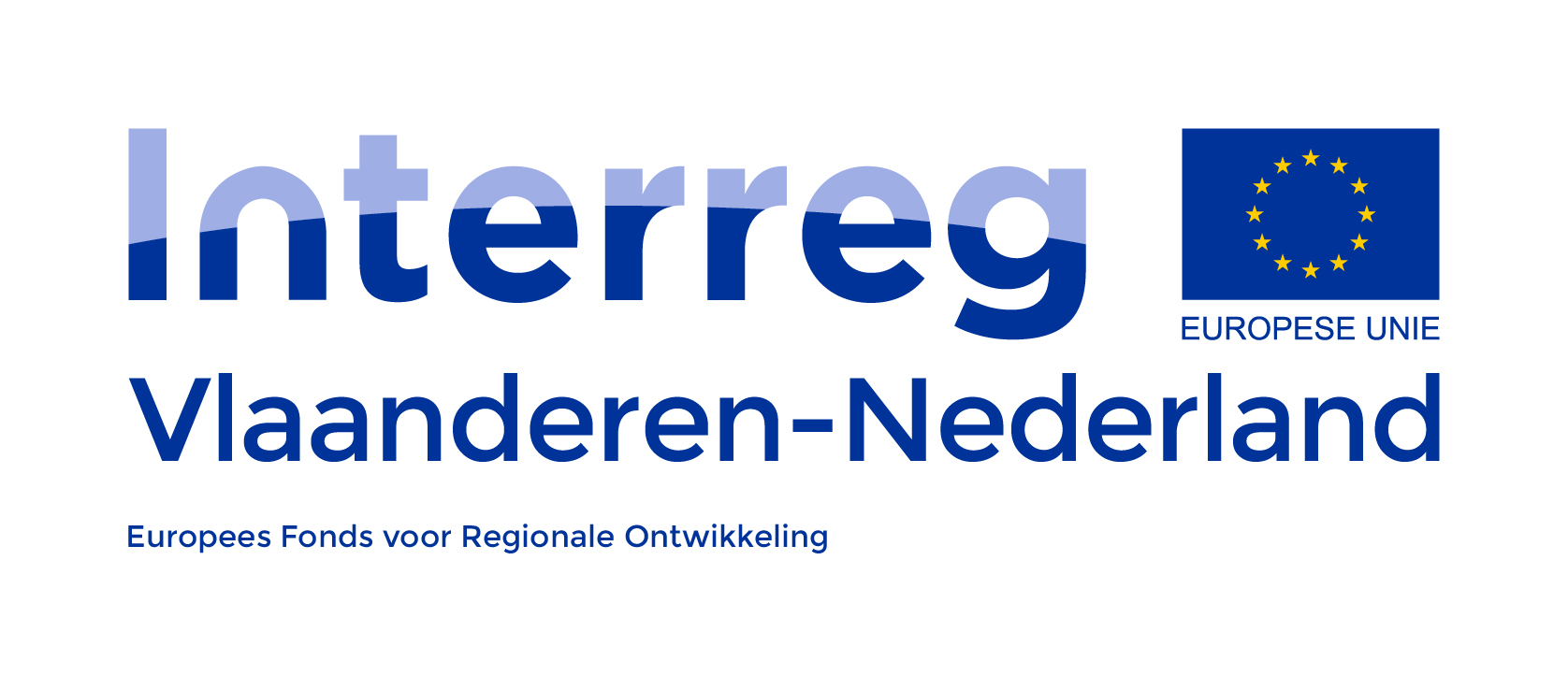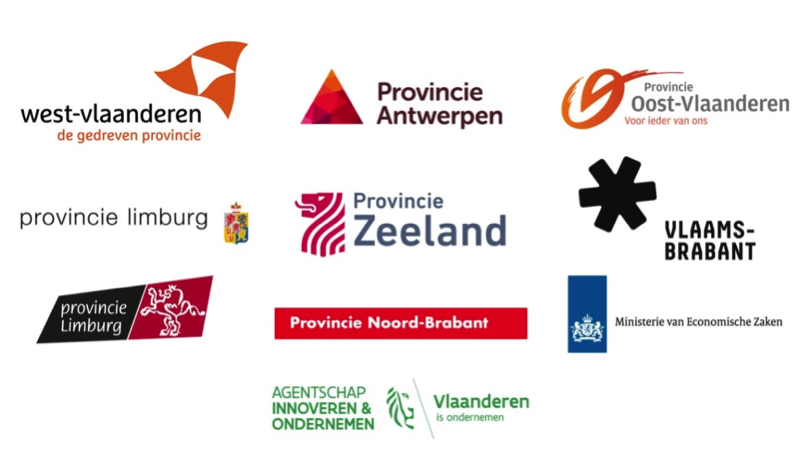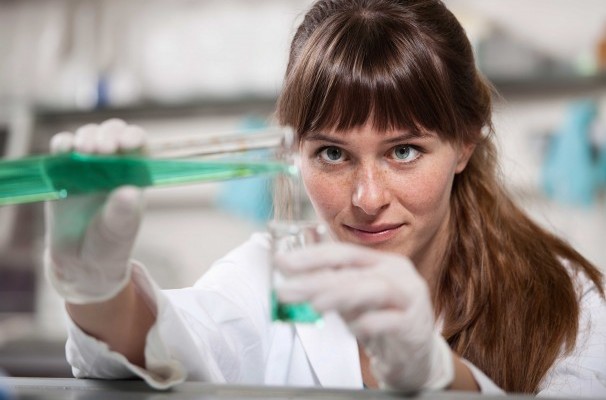24-03-2016
Biorizon scales up its bio-aromatics research again
Shared Research Center Biorizon scales up its bio-aromatics research considerably again. For the next 3 years Biorizon, together with 9 partners, will work on the scaling up of technology for the production of aromatics from biomass in the cross-border BIO-HArT-project. By the end of 2018 this must result in functioning bench scale demonstrators that can produce samples for the industry on a kilogram scale. Besides that, the processes for the production of bio-aromatics will be optimized further.
Biorizon Innovation and Upscaling of Renewable Aromatics Technology
In Dutch, the acronym BIO-HArT stands for 'Biorizon Innovation and Upscaling of Renewable Aromatics Technology'. Over the past years Biorizon has developed three commercially promising technologies for the conversion of wood, sugars and lignin into aromatics. By demonstrating the technology within this project on a larger scale, the confidence in the applicability of the technology on an industrial scale enhances and the risk to invest diminishes. Simultaneously bio-aromatics will be produced in sufficient quantities to be able to start application development routes.
"The BIO-HArT-project is of great importance to be able to accomplish our final goal: enable commercial production of bio-aromatic by 2025", says scientific manager of Biorizon Jan Harm Urbanus.
Next step in industry-driven roadmap of Biorizon
This project is the next step in the industry-driven roadmap of Shared Research Center Biorizon. The BIO-HArT-project has got 3 goals:
- Development of optimized procedures for chemistry and process.
- Realization of generic and multi-purpose bench scale demonstrators for the 3 technologies (wood, sugars and lignin to aromatics).
- Producing samples of sugars, lignin, furans, akylphenols, mono-, di- & tri-acids, functionalized phenols and other aromatic compounds. Subsequently, together with the industry applications will be developed on the basis of these samples.
Together with the industry the project results of BIO-HArT will be further developed and eventually they will be implemented in new value chains in which multiple feedstock suppliers, chemical companies and end users will be incorporated and in which existing and new production locations will be used.
Cross-border cooperation following the principle of open innovation
The development and scaling up of technology for the production of bio-aromatics is a major challenge that demands a lot in terms of knowledge, experience and facilities. That's why Dutch and Flemish companies, governments and knowledge institutions bundle their strengths, both within Biorizon and the BIO-HArT project. Together they form not only a part of the Biobased Delta, but also of the world's largest chemical cluster, the ARRR cluster (Antwerp-Rotterdam-Rhine-Ruhr).
In BIO-HArT, project coordinator and co-initiator of Biorizon TNO works together with VITO (also co-initiator of Biorizon), Avantium, Chemelot InSciTe, University of Antwerp, KU Leuven, Bio Base Europe Pilot Plant, Technical University Eindhoven, Maastricht University and DSM ChemTech Center. Furthermore a close cooperation will be established with feedstock suppliers, producers and processors of aromatics, end users, knowledge and education organizations and the private sector.
The BIO-HArT bench scale demonstrators will be realized at five different locations in the border region that complement each other optimally: the Green Chemistry Campus in Bergen op Zoom, the Bio Base Europe Pilot Plant in Gent, the Brightlands Chemelot Campus in Geleen, the Chem&Tech Campus in Leuven and Blue Gate in Antwerp. The accelerated establishment of value chains within this project will give an impulse to businesses and employment in South-Netherlands and Flanders.
Profitable and sustainable prospects for the chemical industry
Aromatics are one of the main raw materials used by the chemical industry: 40% of all chemi-cals are aromatic by nature. Aromatics are currently extracted from oil, which leads to the emission of CO2. The Biorizon Shared Research Center, initiated by TNO, VITO and Green Chemistry Campus, together with partners develops technologies to extract aromatics from plant residues. This reduces dependency on oil, leads to lower CO2-emissions, and provides profitable and sustainable prospects for the chemical industry and the supply industry.
Interreg
This project is established by a contribution of the European Interreg V Flanders-The Netherlands program that stimulates innovation, sustainable energy, a healthy environment and the labor market by means of cross-border projects. On a total budget of € 6.085.445,38 Interreg contributes € 3.042.722,69 (50 %) and besides that the provinces of North-Brabant, Antwerp, East-Flanders and Flemish-Brabant offered additional funding. Thereby they make an important contribution to the further development of the Flemish-Dutch border region as a top location for the transition to a more sustainable, biobased economy and an efficient use of natural resources.



More information
- More info on Biorizon: www.biorizon.eu
- Please join Biorizon's Community: www.biorizon.eu/community
- If you want to know more about (participating in) the BIO-HArT-project or Biorizon, please contact Nadine Wennersbusch via nadine.wennersbusch@tno.nl or +31 (0)88 866 63 71
